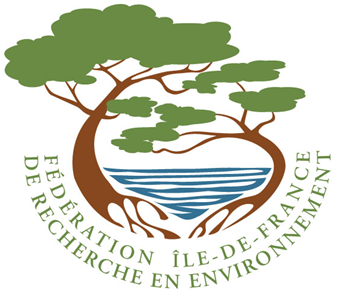The Water, Environment and Urban Systems Lab is a joint research Unit (UMR) of Ecole des Ponts ParisTech, Université Paris-Est Créteil and AgroParisTech. The LEESU research team focuses on urban water in all fields:
- Physical and hydrological fields in connection with storm water cycle, rainfall, run-off and water flow.
- Biochemical field in connection with water sources and fate of chemical and microbiological contaminants on watershed basins and impact of receiving environment.
- Socio technical field in connection with policies and uses of water and their development in urban water
All these fields are connected each other. A strong point of the LEESU is of the large expertise of researchers in diverse fields of research. LEESU fosters multidisciplinary and also inter-disciplinary research which is essential for the development of a relevant environmental research.
LEESU conducts a applied research. This research is connected with social issues which require policies for sustainable development in the domain of water resource and quality. Policies are influenced by climate change and adaptation. Investigation by the LEESU are grounded in close operational long term partnerships with local communities in the Paris region and industrial group of the water world.
LEESU participates in LABEX Futur urbain of University Paris Est. ‘Labex Futurs Urbains’ is vital to build upon the result of urban French research at the international scale. ‘Futurs urbains’ represents the culmination of site policy and allows worldwide laboratories working together on cities and the urban environments.
In order to conduct its research, Leesu is structured around the following three connected priorities. Some researcher-lecturers or researchers work on several priorities.
1. Sources and flows of contaminants in watersheds
This topic focuses on data analysis, fate and water modelling of some emerging or priority contaminants. These contaminants can be chemical or microbiological linked with domestic or industrial activity in the watershed. The role of stormwater management structures on the dynamics of pollutants, and particularly the use of alternative techniques, from the scale of the building to the watershed one, is also investigated.
2 Functioning of anthropic receptor systems
Closely linked to the above topic, this axis analyses the dynamics of physical, chemical and biological interaction in receiving environments. Bioavailability of chemical contaminants, physical chemical parameters that play a role in the dynamic and distribution of waterborne pathogens are also studied. The influence of hydrodynamics on chemical and biological functioning is examined as well. More generally, LEESU is investigating the cause of contamination of a variety of receiving environments.
3. Actors and decision-making process of urban water.
Guided by an approach founded on social and human sciences, the third axis focuses on how scientific knowledge in the field of water leads to changes in urban planning, urban water management in the city and perception of water by the citizen In the same way, how public policies related to water management raise new scientific questions is also an issue for researchers.

